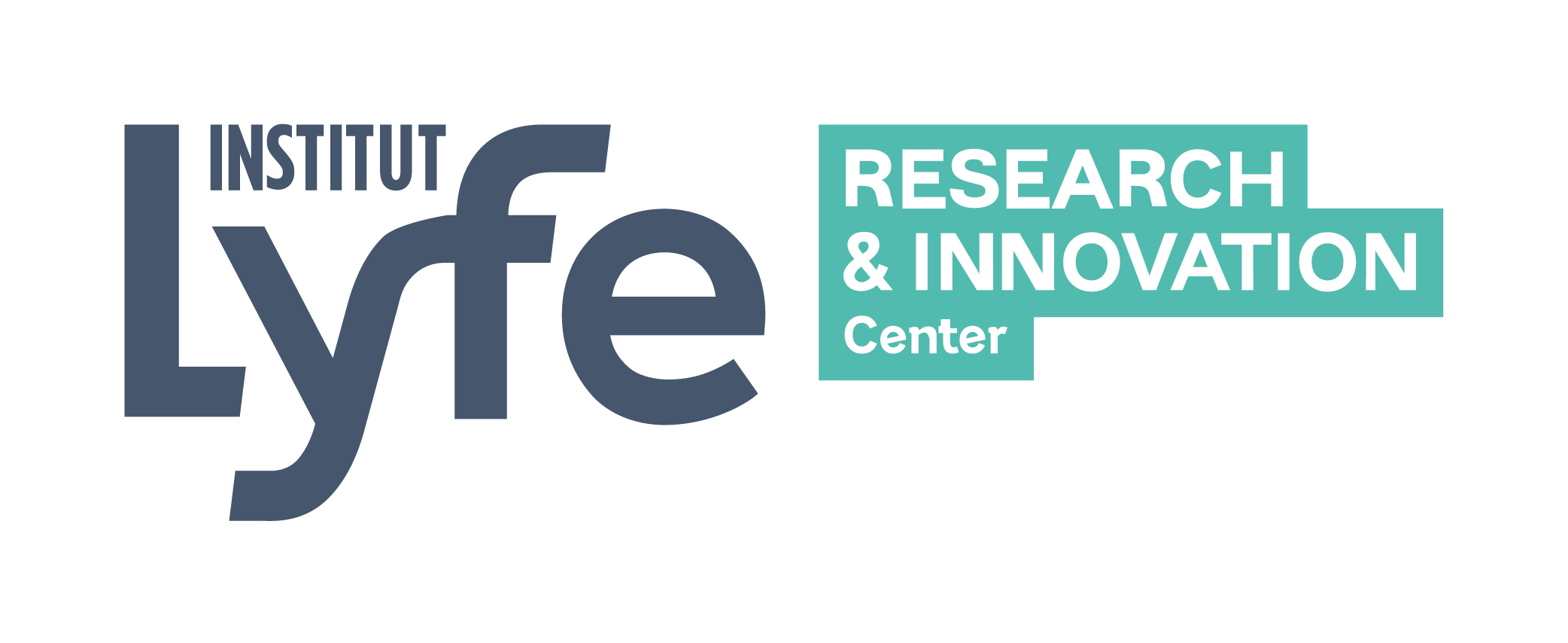Semantics in olfactory perception : investigating the meaning of odors, fragrances and nose of wines.
- PhD :
- Maxime BARBIER
- Preview :
- Can there be a semantics of smells, construed as a set of principles that determine the informational content of a smell? We have ground for a positive hypothesis and getting underway a scientific inquiry. First, we think without doubt of every sense as serving up information about the world, as guides of behavior and grounds of belief. Secondly, we and other animals do communicate through smell. Thirdly, marketing as well as ordinary language speak of “the message of a perfume”, “of a wine nose” and “the story it is telling”, as if by composing odors we could generate meaning very much like a generative grammar does. In the case of causal inferences about our environment, it is only the presumed source of the smell that is the focus of the judgment. But we are also capable of making inferences about a virtual source, to which the smell refers but which is not viewed as the source. For instance, if someone is wearing a musky perfume, anyone who passes him by doesn't assume that he's the actual source, but rather that he's carrying the source with him, which is the liquid he has sprayed himself with. Nevertheless, if the perfume does indeed deliver its message of virility, the smeller knows that the meaning is about the wearer of the perfume and not the perfume liquid. Including both causal inferences and more abstract ones, we intend to build a global theoretical framework for inferential associations triggered by smells. For that, we will need to operate a conceptual shift on the traditional notion of meaning, suited to the extension of semantics to non-linguistic signs. This approach has proven to be fruitful with different media, notably music, but remain to be pursued on the field of chemical senses.
- Supervisor :
- Jérémie Lafraire - Andrea Borghini
- Graduate School :
- The Human Mind and Its Explanations PhD programme – University of Milan
- Partners :
- Dipartimento di Filosofia "Piero Martinetti" – Università degli studi di Milano
Culinary Mind research network: https://www.culinarymind.org
Ecole Pratique des Hautes Etudes (EPHE-PSL)
Research & Innovation Center - Institut Lyfe
Château du Vivier - Ecully - France
Tel: +33 (0)4 72 18 02 20
Tel: +33 (0)4 72 18 02 20




